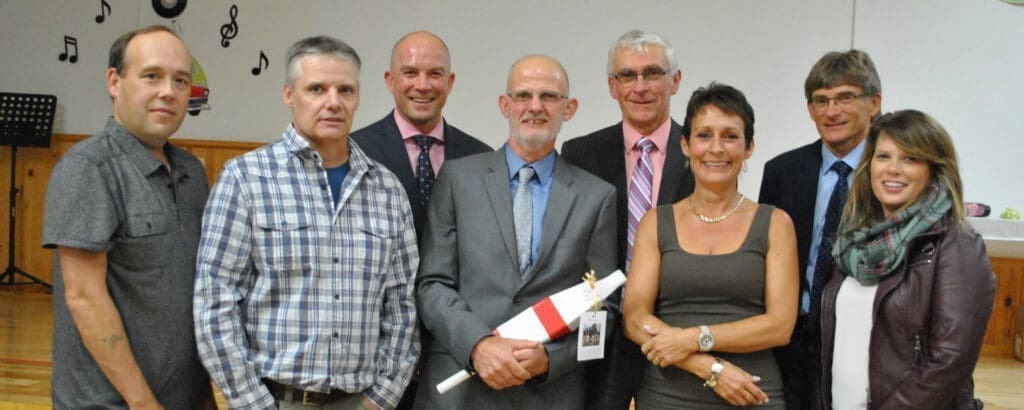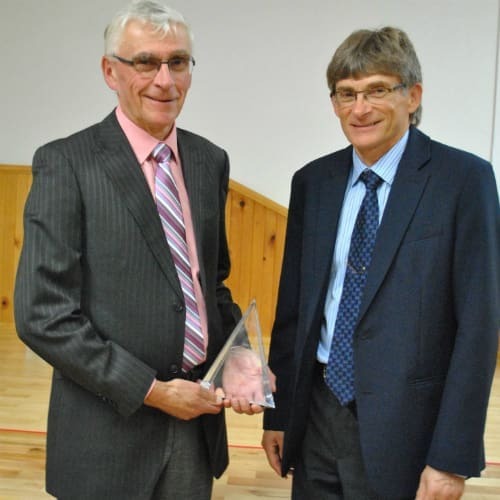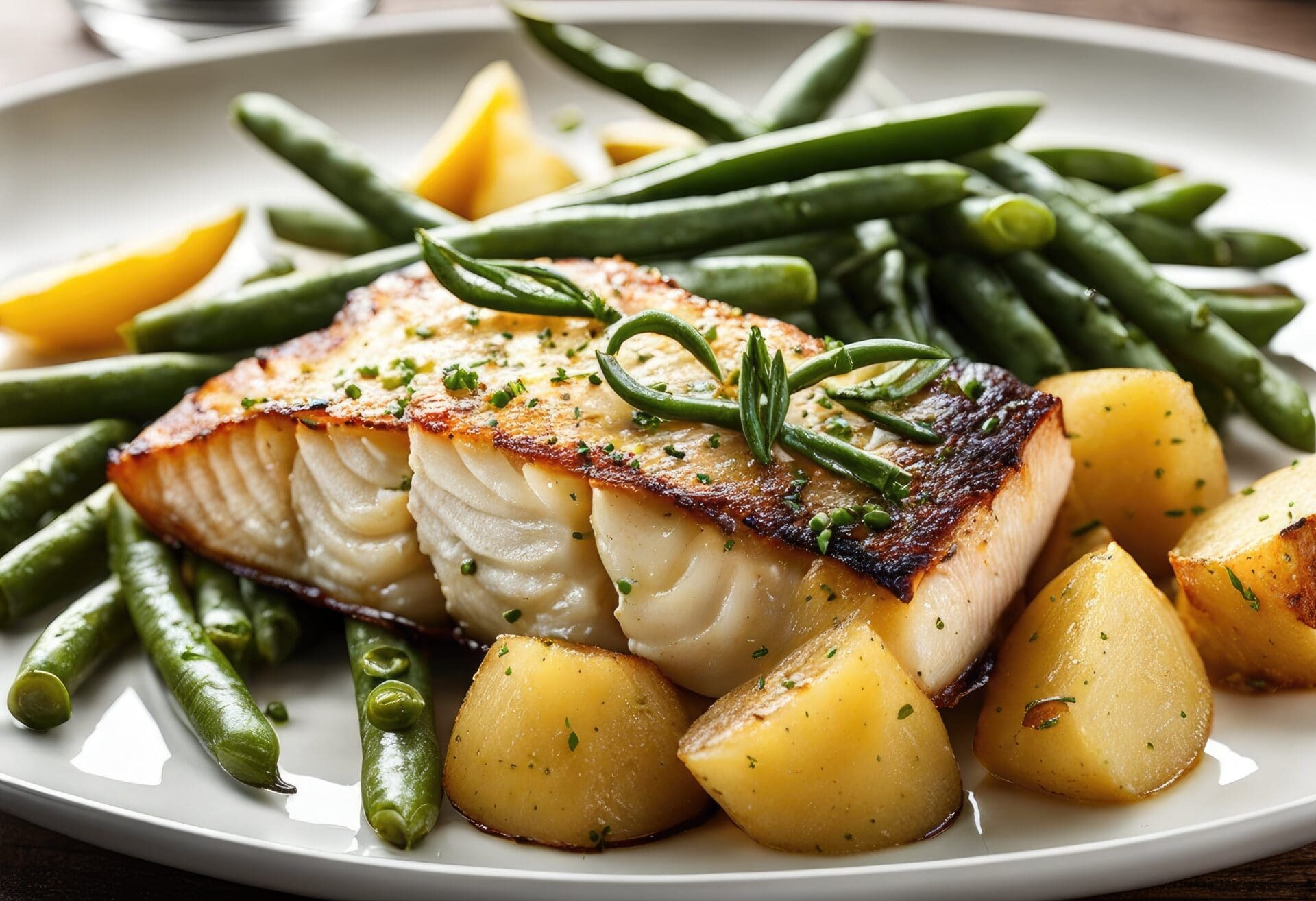
Fenton and Adlai started the business in 1983. Their older brothers had gone to work for their father, but the two youngest boys needed jobs. Banding together to create their own company seemed like the right idea, Fenton says, and for those first few years, they were busy, shipping all around the world.
But then the downturn in the fisheries hit. It was tough going for a while, Fenton says, but they managed to keep the business going, finding new markets and ways to adapt.

While there may never be the number of fish that they had back then, he says, the business is still thriving. “Every year we seem to grow a little bit,” says Fenton. “We sell pretty much around the world.”
Not a lot has changed about the process since those early days. Fish are still fish, and they’re still caught pretty much the same way as they were 30 years ago.
“All the boning, cutting and fishing, everything is done by hand,” he says. “There’s a lot of labour involved.”
What has changed in the past few decades is the drying process. Decades ago, much of the drying was done outside in the sun, a preservation process that has roots dating back to ancient times, before refrigeration and canning were available.
These days, however, the Sea Star Seafoods team uses a special indoor drying system, “something like a kiln drier, like they dry wood in,” Fenton says. It’s easier, and it’s more predictable than relying on the sun and the weather.
The Sea Star Seafoods team mostly sells salt cod to the Italian Centre Shops; it has always been the most popular choice amongst their Italian clientele. “It’s tradition,” Fenton says. “But it’s one of the most difficult meals you can make.”
Like most salt fish, it’s delicious when prepared, “but you have to take the salt out of it,” he says. “Soak it in water first, and then bake or barbecue it.”
He admits he doesn’t eat a lot of cod himself because what they fish, they can sell. Instead, they eat pollock. “It’s all about economics. Years and years ago, codfish was worth five cents a pound,” a lot of money in those days, he says.
Pollock were good to eat, but no one wanted to buy them, so the local families ate them instead, selling the more expensive products.
These days, Fenton and his brother have both stepped back from full-time to part-time work at the company, making room for the next generation to take over. Fenton’s daughter, Louann, answers the phone most days if you call, and Adlai’s daughter Krista works part-time in the office now, too.
But that doesn’t mean Fenton gets to fish for fun these days.
It’s not easy to go fishing in the Maritimes any more, he notes. There are many rules and regulations that control the industry as a whole and prevent casual fishing. He can’t just go out and catch a fish or two for his own dinner.
But that’s just the way life goes, he says. He has a few hobbies, nothing major, he insists. Work has, for him, always been his focus.
“I’m here practically every day. It’s always fun,” he says. “That’s never changed for me.”

